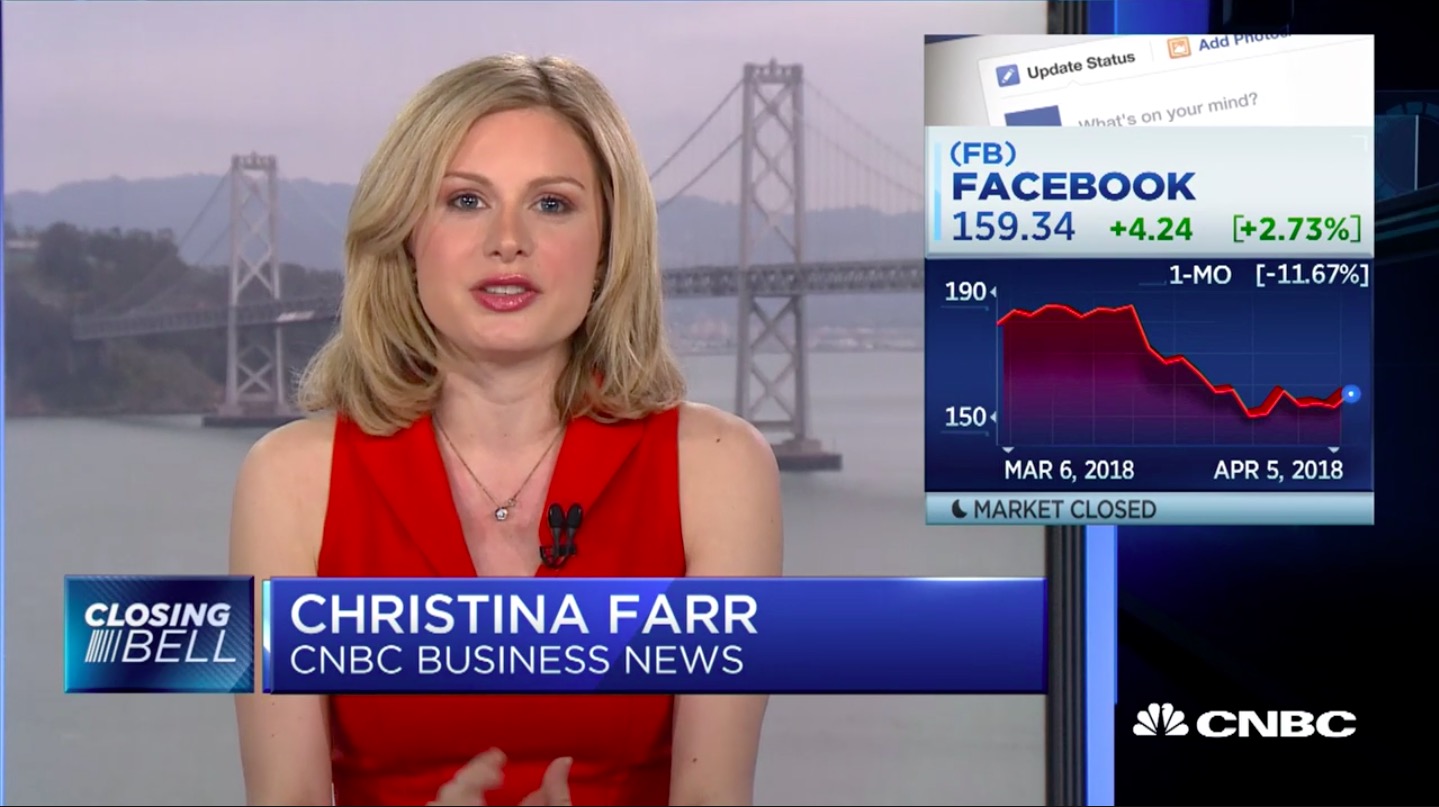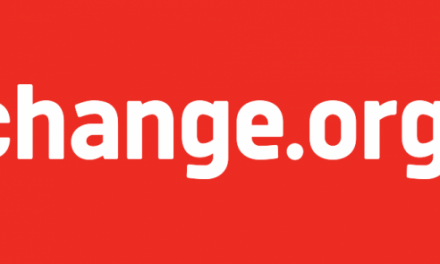Although Facebook certainly doesn’t need anymore scandals, yet another one has come to light: it’s been revealed that the social media giant asked “several major U.S. hospitals to share anonymized data about their patients, such as illnesses and prescription info,” 1 for a purported “research project.” Facebook says their intention was to help hospitals figure out which patients might need special care or treatment, based on the info they had collected, once they went home.
But, given the Cambridge Analytica data leak scandal, the project never got past the planning phases and has now been put on pause. However, as recently as last month, Facebook was “talking to several health organizations, including Stanford Medical School and American College of Cardiology, about signing the data-sharing agreement.”(my emphasis)2
RELATED STORY:
And according to Facebook, as many as 87 million people’s data might have been shared this way.
<<<Remember when Facebook was the unfettered, self-proclaimed arbiter of “truth”?>>>
Now that this project has been brought to light, it continues to raise concerns about the massive amount of data Facebook collects about its users. Facebook claims the data shared would have obscured personal info (like a patient’s name) but giving a company this much access to our personal lives, especially when we know how they have acted in the past, is just obtuse. Also, I doubt many of us ever imagined our data could be used like this. What else do they want to do with it?
Because state and federal patient privacy laws require health systems to be ultra careful about the information they share, for obvious reasons, Facebook proposed using the cryptographic technique “hashing” to match individuals who were in both data sets.
“The exploratory effort to share medical-related data was led by an interventional cardiologist called Freddy Abnousi, who describes his role on LinkedIn as ‘leading top-secret projects.’ It was under the purview of Regina Dugan, the head of Facebook’s ‘Building 8’ experiment projects group, before she left in October 2017.
Facebook’s pitch, according to two people who heard it and one who is familiar with the project, was to combine what a health system knows about its patients (such as: person has heart disease, is age 50, takes 2 medications and made 3 trips to the hospital this year) with what Facebook knows (such as: user is age 50, married with 3 kids, English isn’t a primary language, actively engages with the community by sending a lot of messages).
The project would then figure out if this combined information could improve patient care, initially with a focus on cardiovascular health. For instance, if Facebook could determine that an elderly patient doesn’t have many nearby close friends or much community support, the health system might decide to send over a nurse to check in after a major surgery.”3
RELATED STORY:
When asked about the plans, Facebook provided the following statement:4
“The medical industry has long understood that there are general health benefits to having a close-knit circle of family and friends. But deeper research into this link is needed to help medical professionals develop specific treatment and intervention plans that take social connection into account.
With this in mind, last year Facebook began discussions with leading medical institutions, including the American College of Cardiology and the Stanford University School of Medicine, to explore whether scientific research using anonymized Facebook data could help the medical community advance our understanding in this area. This work has not progressed past the planning phase, and we have not received, shared, or analyzed anyone’s data.
Last month we decided that we should pause these discussions so we can focus on other important work, including doing a better job of protecting people’s data and being clearer with them about how that data is used in our products and services.”5












